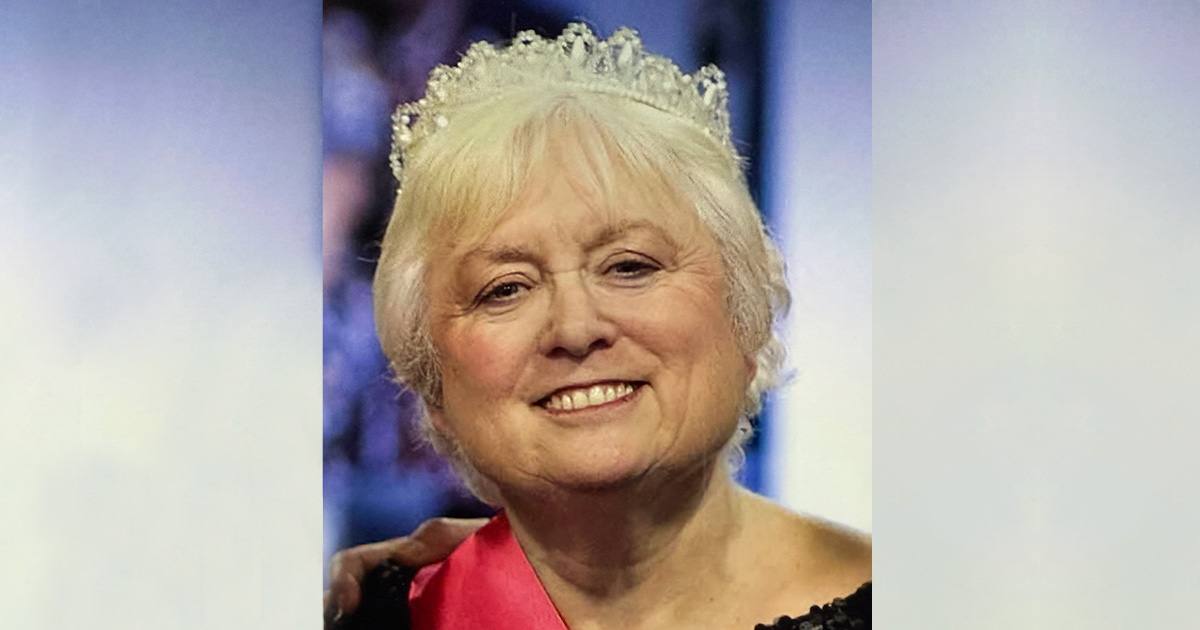As healthcare professionals we often accept the responsibility for patient education and strive to provide a variety of programmes to meet the individual’s needs. Increasingly, and I think encouragingly, patients are seeking their own information whether via their friends, neighbours, the internet or the media. Sometimes we are sceptical about their finds. The internet has contributed enormously to the availability of information. While this is often not governed in any way, it does provide an opportunity for patients to seek answers important to them. When I first came into diabetes, the only available literature was from pharmaceutical companies and the British Diabetic Association. The production of in-house literature was time consuming and often failed to look very professional until the development of software packages and desktop publishing. Alongside this, the growth of diabetes services’ websites enables patients to access information and literature from their local teams.
Diabetes agony aunts
Some patients, however, still seek information from external sources. Have you ever considered how often your patients do? Would you review your approach to patient education and your diabetes services if you discovered your patients were writing to a diabetes agony aunt? It happened to me. While answering letters for a charitable organisation, a letter arrived from a patient in our locality describing her frustration at not being listened to regarding her struggles to improve her diabetes control and subsequent hypos. While I discovered this particular patient had not been seen for a number of years by our services, she had clearly been seeing her GP frequently. He had referred her to us and while waiting for her appointment she had written for a further opinion. While I admire this, I am also concerned she felt unable to ring us directly because we had not seen her for years. It is apparent from the letters received that a number of patients who seek further help or information appear to be receiving very little from their local services.
Sara Moore in her article (page 62) reflects on her role as a diabetes agony aunt and gives examples of the variety of topics covered and examples of some of the letters written.
Developing expert patients
We are all keen to play our part in developing the ‘expert patient’ – one who is able to self-manage their diabetes and who knows and decides when to seek further information. The expert patient programme has developed living well self-management courses, run by experienced trainers who have a long-term condition (not necessarily diabetes). These programmes should provide some patients with further opportunities to learn new skills to cope with their condition.
Early qualitative evaluations of these courses suggest they help significantly, particularly in reducing visits to GPs and outpatient clinics, improving medication concordance (especially in diabetes and asthma), improving self-efficacy, and decreasing the occurrence of depression. Clearly, lay people when trained appropriately can have a significant impact. For more information see www.ohn.gov.uk.
Simon O’Neill in his article (page 59) reflects on Diabetes UK’s role in providing information and education for both patients and healthcare professionals. Diabetes UK’s support of research clearly contributes to the evidence base that we rely on. It has long provided excellent resources, which are produced by healthcare professionals. Simon includes a reflection on the work of the diabetes careline and indicates the majority of calls are related to dietary queries, which could reflect the lack of dietitians.
Opportunities to improve care
The education services we provide are complimented by the variety of patient information available. Perhaps when we see a patient clutching a wad of paper with information downloaded from the internet we could assess its accuracy where possible, and then reflect on what led them to seek further information. Was this because they felt it was missing from their contact with local services? If so, it may provide us with an insight into how we may need to adapt our services. If not, we should be applauding patients who proactively have sought out information they feel will be helpful and should encourage patients to contact recognised sites for diabetes information.





International Diabetes Federation officially recognises “type 5 diabetes”, decades after first being observed.
24 Apr 2025